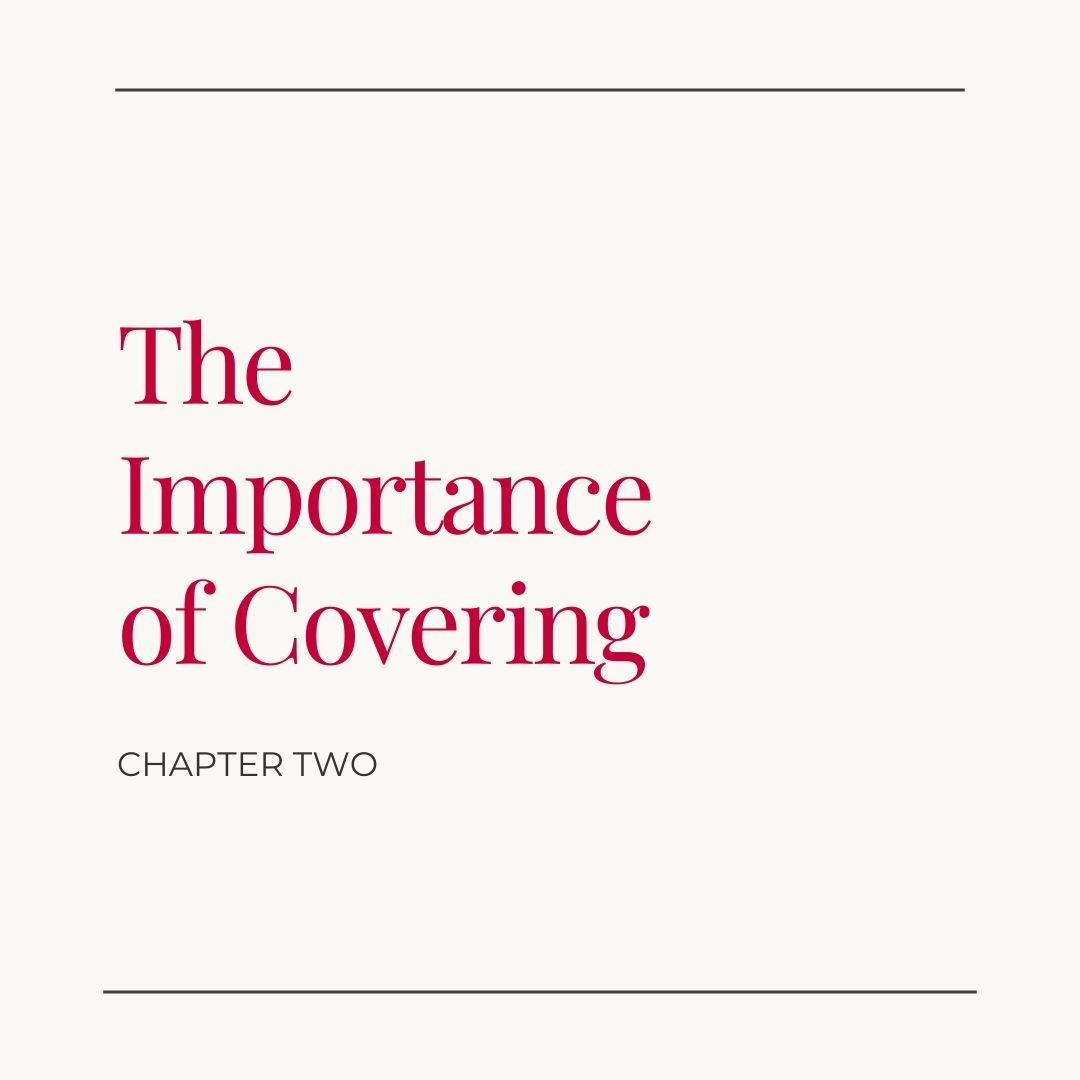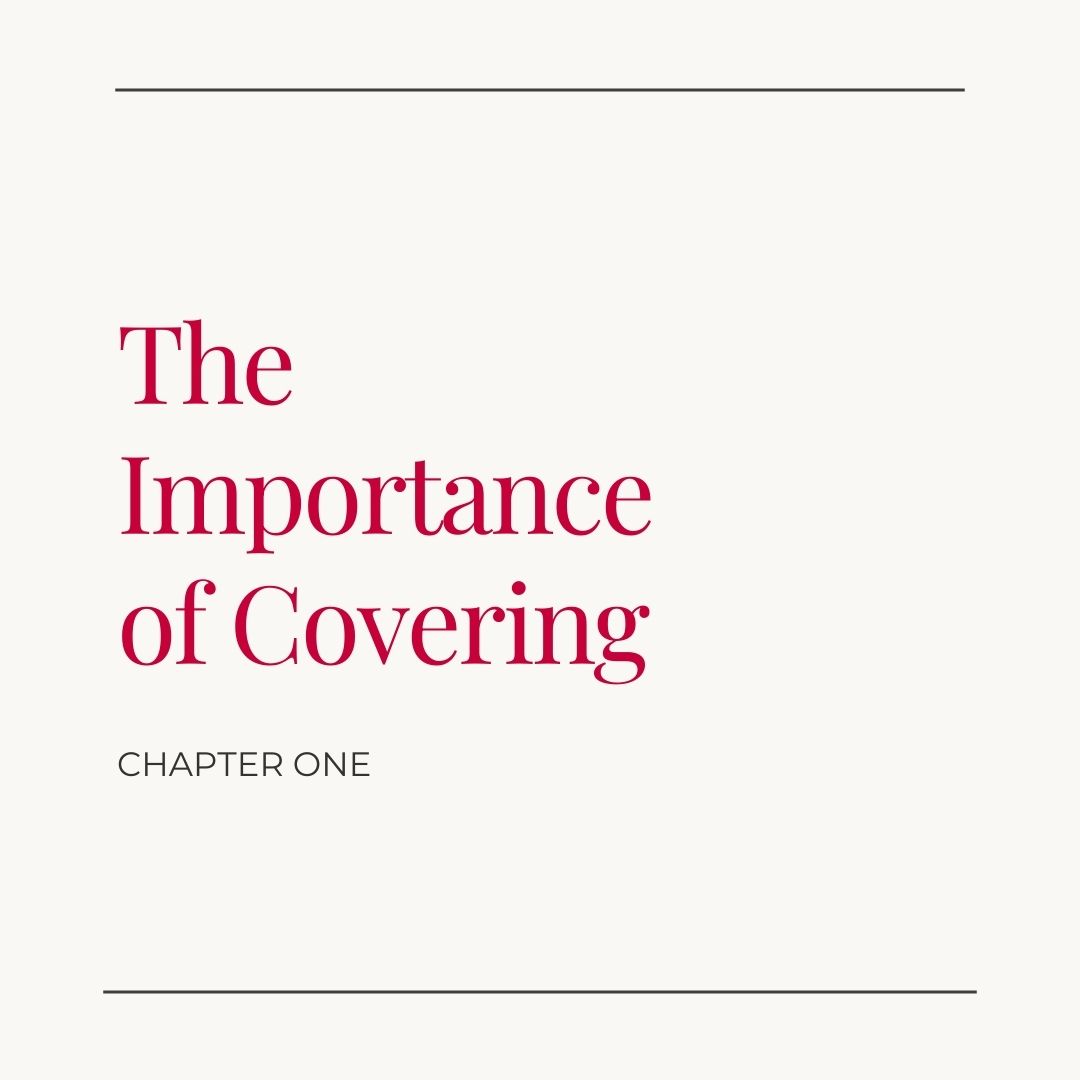Episode Transcript
<cite>Natalie Hall:</cite>
<time>0:00</time>
<p>Hi, everybody, welcome to the podcast. Today we're going to be talking about a new book that has been released. So last Friday, we released a book called Unity. And I wanted to share with you a little bit about it today. We've been working on transcribing this book over several months, and getting the cover and the formatting looking all nice for the print and for the ebooks. So the history of this book begins in 1978. Lance was living in England and was meeting with brothers and sisters there at a little gathering on Halford road. And while he was there, he gave a series of four messages, expounding Psalm 133. Now some of you are familiar with Psalm 133. And you know that it is a pretty short Psalm. It says, Behold, how good and how pleasant it is for brethren to dwell together in unity. It is like the precious oil upon the head that ran down the beard, even Aaron's beard that came down upon this skirt of his garments, like the dew of Hermon that come with down upon the mountains of Zion. For there, the Lord commanded the blessing, even life forevermore. So this psalm is only three verses, and yet there were four messages given on it. So what did Lance even talk about? Well, the first two messages he gave were more so about the process of dwelling together in unity, how unity is expressed through variety, and why unity is so important. The next few messages he gave dealt more with things like Aaron's beard, and the dew of Hermon and the mountains of Zion, and what those things even have to do with brethren dwelling together in unity. So these messages have been transcribed, and a sister who meets in Richmond, Virginia has designed and painted a cover for it with some oil paint, and it is now available for reading. I just want to play for you all a short clip of Lance preaching in one of these messages that he gave.</p>
<cite>Lance Lambert: Now, Romans 15:</cite>
<time>2:10</time>
<p>7 says, "wherefore receive ye one another, even as Christ also received you to the glory of God, the Father." It says in chapter 14:1 "him that is weak in faith receive ye, yet not for decision of scruples," that doesn't make much sense, I fear to most people. A modern version says "investigation of his conscience," which is much better. You see, the trouble is we're always investigating one another's conscience, aren't we? As soon as we meet someone, we want to find out are they baptized? Not baptized? Oh. Why aren't you baptized? Don't you see it in the Word? The poor little soul who's been brought up in a completely different tradition splutters and mutters for a while, and we say, "but don't you know that every real believer has to be baptized by immersion? We're investigating their conscience, giving it a good prod. Something's wrong with the person's conscience. You know, we're very amazing in this way. We give God a few days to do something, and when he doesn't, we say "It's okay Lord we'll make up the lack. If you don't speak to So-and-So about smoking, I will. If you don't speak to So-and-So about their aptitude to drink, I will. If you don't speak to So-and-So about their worldliness, I will, don't worry. That short skirt, I'll get onto it, we'll get something done about that, it'll be dropped by a few inches by next week, fear not". The point is if the Lord doesn't speak to somebody, we will. But normally, if we're a little bit spiritual, we'll wait for a little while. And then if we are a little spiritual, we will drop a pamphlet or a book or, some little hints, or give a testimony quite spontaneously, of course, as to how we were delivered. This does more to destroy the unity of God's people than anything else in the world. Because a young believer who hasn't thought about these things is suddenly subjected to an investigation of his conscience. Why doesn't he do this? Why hasn't he woken up to this? Why hasn't he settled this issue? Why is he not walking this way? We all do it. It is amazing. You remember that word of the apostle Peter. As soon as the Lord said to him, "Do you love me? Feed my sheep?" He said, "Well, what about this man, Lord? John," And the Lord said, "What is that to thee? Follow thou me." But we're all the same. We can't help it. As soon as the Lord speaks to us. As soon as he deals with we turn around to them and say "What about him? If you're going to deal with me like this, what about So-and-So? You got the lipstick off me, get it off her." And then, our attitude is very simple. "All right, Lord. I'll pray about it." Then we feel So-and-So is so thick spiritually that God can't get anything through. Then it is up to us. We'll get it through where God has failed. Now we do tremendous damage in this thing. The Bible says that we are to receive one another also as Christ received us to the glory of God. But how did Christ receive you? He received you as a sinner saved by grace. If that was the minimum ground upon which we received every other brother or sister, it would transform our fellowship. We wouldn't all the time be wanting to get them. Now, let me say something about this. You see, there is a great difference between a spiritual concern for somebody's increase in fruitfulness, a vastly different thing between being really concerned and having prayed. There are times when we should speak. But oh, how blessed it is when it's under the government of the Spirit. And when suddenly, someone says something, and instead of the other person blowing up, they're ready. They're prepared by God, it really is the Lord. Oh, that's a very difficult thing. But the damage we have done in this matter of brethren dwelling together in unity, is because we will not receive one another, as the Lord received me. You know, it's taken the Lord years to get me to recognize simple things, hasn't it with you? I have found that sometimes I suddenly think, Oh, my goodness, he's taking me all those years because of my particular temperament. Now, other people have got settled or got these issues settled in their lives. But they've got weaknesses and other ways which I got settled years ago. But I've been holding out on something because I don't see it. And the Lord has said, "it's no good talking to him about that it would finish him off. He's such a strong willed person. It's best just to go along because I love him so much. I'll go along with him. But right at the right moment, after so long, I'll hit him hard!" And he always does it. And then what a lovely thing it is, when saints come along and pick you up. Ah, that's a very different thing, isn't it? The Lord has given you a real blow. And now the saints come in and minister. And you wake up on this issue at last, and you say, "Ahhh"</p>
<cite>Natalie Hall:</cite>
<time>7:25</time>
<p>So this matter of unity within the body of Christ is ultimately to do with love. God loved each of us and died for us while we were undeserving. And he asks us to love each other in the same way to lay down our lives for each other, even when we don't feel like it. Love isn't an emotional thing. And we don't just love each other when we feel like loving each other. The Lord has given us power by the Holy Spirit to lay down our lives for each other, and to dwell together in unity. It isn't easy, but it is possible, good and pleasant. I was reading through one of Lance's other books the other day called the Uniqueness of Israel. And in it he writes about Jesus saving others, but not saving himself. He writes, "His whole life had been spent and saving others from death, corruption, bondage and disease from sin and Satan. Yet now on the deepest level, he could not save himself. It was not that he did not have the power. He had all the power in this universe at his command, but he would only use it to sacrifice himself, not to save himself." This same Spirit that empowered Jesus to lay down his life for his friends and his enemies, now lives in each of us. It is power to be a living sacrifice and to lay down our lives for our brothers and sisters. This is the heart of God. And this heart is expressed very much in this book about unity. I'm going to leave a link in the description of this podcast to find this book. And you can also visit our website, lancelambert.org, you'll see it as the first book featured on that site. If you aren't currently receiving emails from us, emails are probably the best way for you to make sure that you are getting all of the announcements and staying in the loop about new books and discounted books and things like that. Social media works also but because of the way that social media algorithms function, you may not be seen everything that we post. So emails are pretty safe way to go with that. Thank you all for listening. I hope that this podcast has been helpful and encouraging for you all today. We're working on getting up some more episodes of Lance speaking soon, so stay tuned and I will talk to you all next week.</p>


